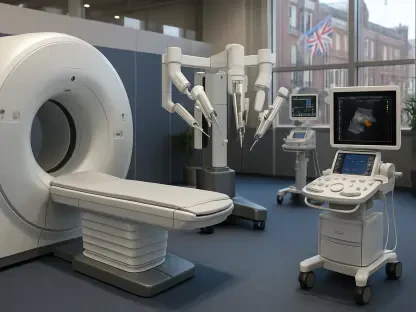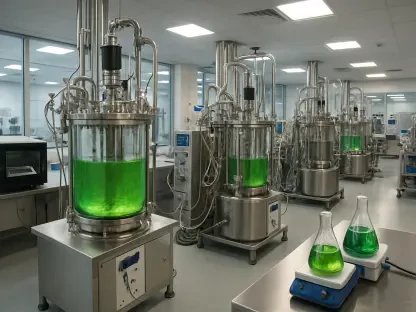Healthcare supply chains have developed from mere logistical frameworks to complex, integrated systems integral to the delivery of healthcare services. Over the past 15 years, this transformation has been driven by technological advancements, strategic planning, and a greater emphasis on collaboration, making them more responsive and data-driven.
The Transformation of Healthcare Provider Supply Chains
From Simplicity to Sophistication
Originally focused on basic supply procurement, healthcare supply chains have matured into refined systems that align closely with clinical needs and patient care. This involves sophisticated logistics, data analytics, and a collaborative approach between clinicians and supply chain professionals.
The Rise of Supply Chain Leadership
The prominence of supply chain operations in healthcare has led to the creation of senior leadership roles, such as Chief Supply Chain Officer, highlighting its strategic importance. Specialist departments now focus on supply chain competencies, signifying a proactive and deliberate stance on supply chain management.
Growth and Governance within Healthcare Systems
Scaling Up the Operations
Healthcare institutions have experienced considerable growth, necessitating the scaling of supply chain operations to match. The expansion calls for robust governance systems to manage the complex array of products, partnerships, and regulatory requirements effectively.
Shaping Governance Frameworks
Governance within healthcare has evolved to ensure operational effectiveness and integration, aligning with key principles of collaboration, strategic sourcing, and sustainability. These frameworks are central to maintaining the quality of care as healthcare systems grow in complexity.
Embracing Risk Management and Resiliency
The Preceding Approach to Risk Management
Previously, healthcare supply chain risk management was often reactive. Nevertheless, recent global challenges have highlighted the need for proactive, robust, and strategic risk management practices to ensure supply chain resilience.
Proactive Risk and Resiliency Tactics
Modern healthcare supply chains adopt forward-thinking strategies, with specialized teams focusing on risk anticipation and mitigation. Utilizing advanced tools and analytics, these teams ensure supply chain agility and uninterrupted patient care.
Digital Integration in the Supply Chain
The Onset of Digital Transformation
Digital technology has become a linchpin in healthcare supply chains, from EHR integration to procurement automation and advanced analytics. These advancements have paved the way for more efficient and responsive healthcare delivery.
Advancements in Digital Supply Chain Technology
New digital solutions like control-tower platforms provide comprehensive oversight and optimization capabilities to healthcare providers. The widespread adoption of such technological innovations underlines their importance in modern supply chains.
The Integration of ESG Initiatives
Initial ESG Considerations
Incorporating ESG factors into supply chain operations has shifted from a nascent idea to a key element in strategic planning. It’s now vital for sustainable operations, patient outcomes, and aligning with ethical and regulatory expectations.
The Advancement of ESG in Healthcare Supply Chains
The healthcare industry is increasingly factoring ESG criteria into supply chain decisions. This commitment influences corporate policies and showcases a dedication to responsible, sustainable business practices that contribute to societal and health outcomes.In conclusion, the last 15 years have seen healthcare supply chains evolve into strategic assets that significantly impact financial outcomes and patient care. The continuous adoption of technological innovations and integrative strategies suggests a future where supply chains will become even more essential in delivering high-quality healthcare worldwide.









